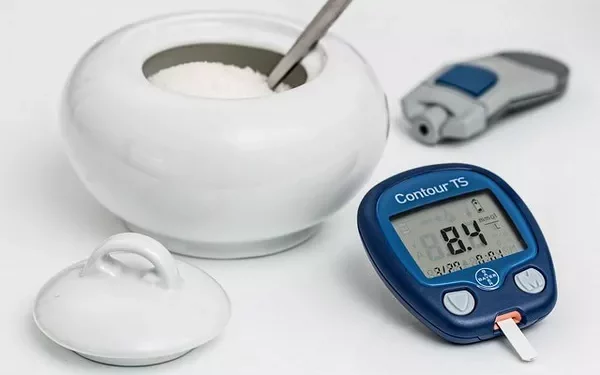Recent research conducted by the University of Alabama at Birmingham (UAB) suggests that a low-carbohydrate diet can significantly enhance beta-cell function in individuals with Type 2 diabetes. Published in the Journal of Clinical Endocrinology & Metabolism, this study indicates that such dietary changes may not only assist in managing diabetes more effectively but also potentially enable some patients to reduce or eliminate their reliance on medication.
Background on Type 2 Diabetes
Type 2 diabetes is a prevalent health issue affecting over 38 million Americans, with more than 90 percent of these cases categorized as Type 2. Typically diagnosed in adults aged 45 and older, the incidence of Type 2 diabetes is increasingly observed among children, teenagers, and young adults. The condition arises from a combination of insulin resistance and compromised beta-cell function, which impairs the body’s ability to manage blood sugar levels effectively.
Beta-cells, which are specialized cells in the pancreas, play a crucial role in producing and releasing insulin—the hormone responsible for regulating blood glucose. Excessive carbohydrate intake can hinder beta-cell response, contributing to the progression of diabetes.
Key Findings of the Study
Lead researcher Dr. Barbara Gower, chair of the UAB Department of Nutrition Sciences, states, “This study shows that people with Type 2 diabetes on a low-carbohydrate diet can recover their beta-cells, an outcome that cannot be achieved with medication.” The study’s findings suggest that individuals with mild Type 2 diabetes who reduce their carbohydrate consumption may be able to forgo medication while enjoying meals higher in protein that meet their energy requirements.
Study Design
The study involved two groups of adults diagnosed with Type 2 diabetes: one followed a low-carbohydrate diet, while the other adhered to a high-carbohydrate regimen. Researchers aimed to evaluate how these dietary approaches influenced beta-cell function and insulin secretion. Participants discontinued their diabetes medications prior to the study to ensure that any observed health changes could be directly attributed to dietary modifications.
Researchers controlled the meals for all participants. The low-carb diet was characterized by high fat and low carbohydrates, while the high-carb diet included low fat and high carbohydrates.
Results
The results revealed that participants on the low-carbohydrate diet exhibited significant improvements in both acute and maximal beta-cell responses, demonstrating enhancements that were twofold and 22 percent greater, respectively, than those on the high-carbohydrate diet. Notably, within the racial demographics studied, Black adults on a low-carb diet showed a 110 percent improvement in acute beta-cell response, while White adults experienced a 48 percent greater improvement in maximal beta-cell response compared to their counterparts on the high-carbohydrate diet.
Future Research Directions
Dr. Gower emphasized the need for further research to confirm whether a low-carbohydrate diet can fully restore beta-cell function and potentially lead to remission for individuals with Type 2 diabetes. This ongoing exploration could pave the way for new dietary strategies in diabetes management.
Support for the Study
This research was financially supported by several institutions, including the National Institute of Diabetes and Digestive and Kidney Diseases, the Nutrition Obesity Research Center at UAB, the Diabetes Research Center, and the National Heart, Lung, and Blood Institute.
As more evidence emerges regarding the benefits of dietary modifications for managing Type 2 diabetes, patients and healthcare providers may consider low-carbohydrate diets as a viable option to improve health outcomes and reduce medication dependency.
Related topics:
Decline in Type 2 Diabetes Incidence: A Mixed Picture for Australian Communities



























